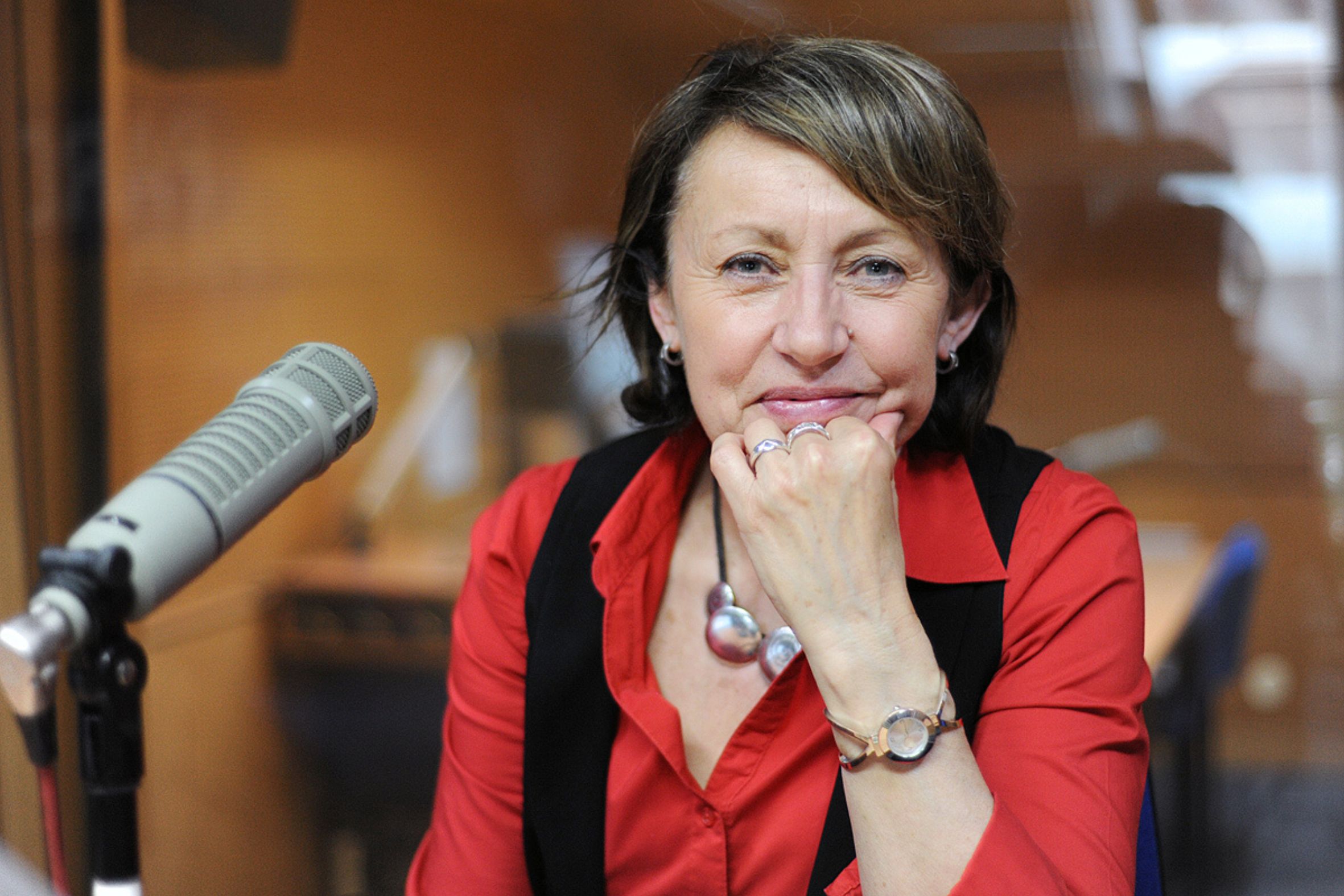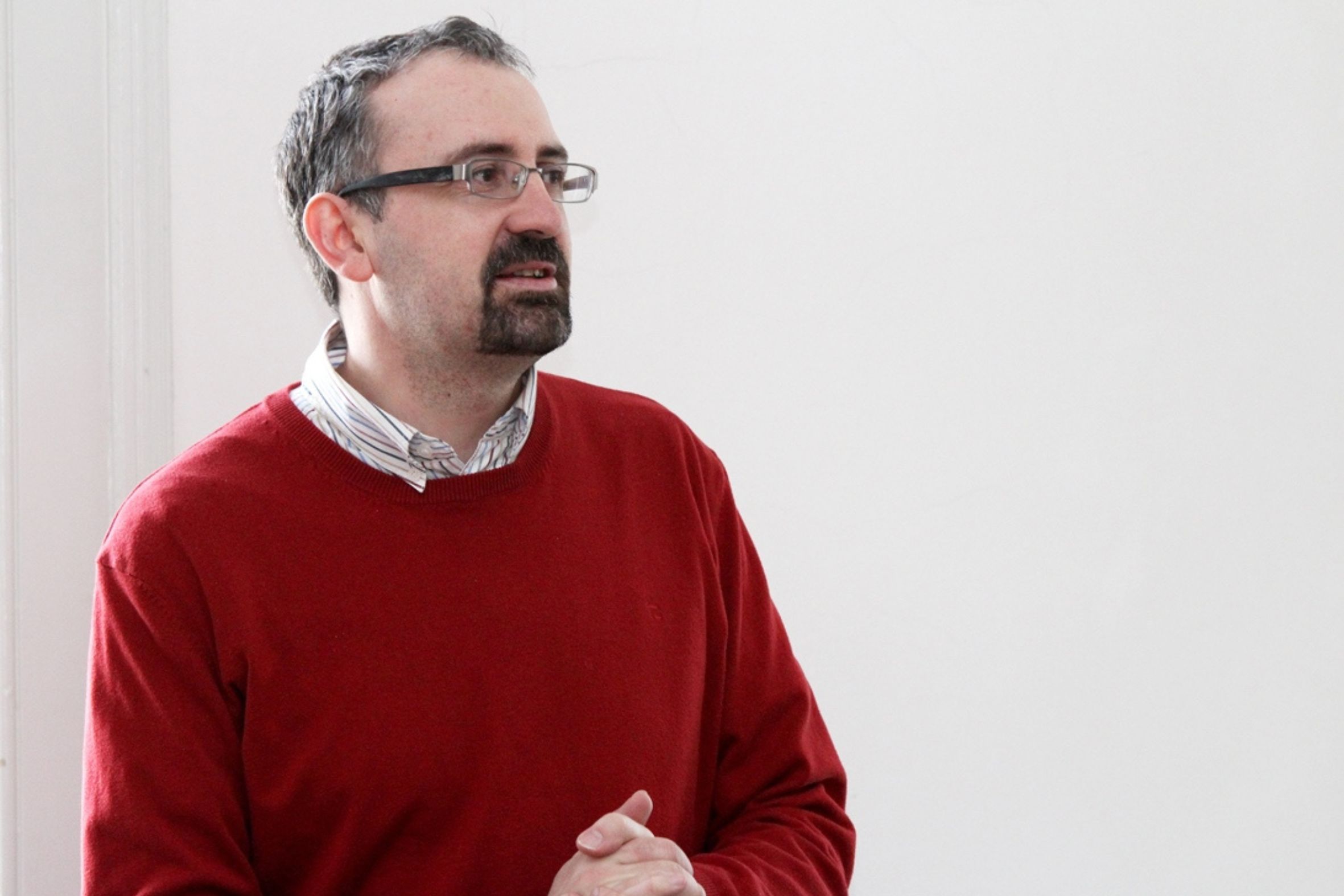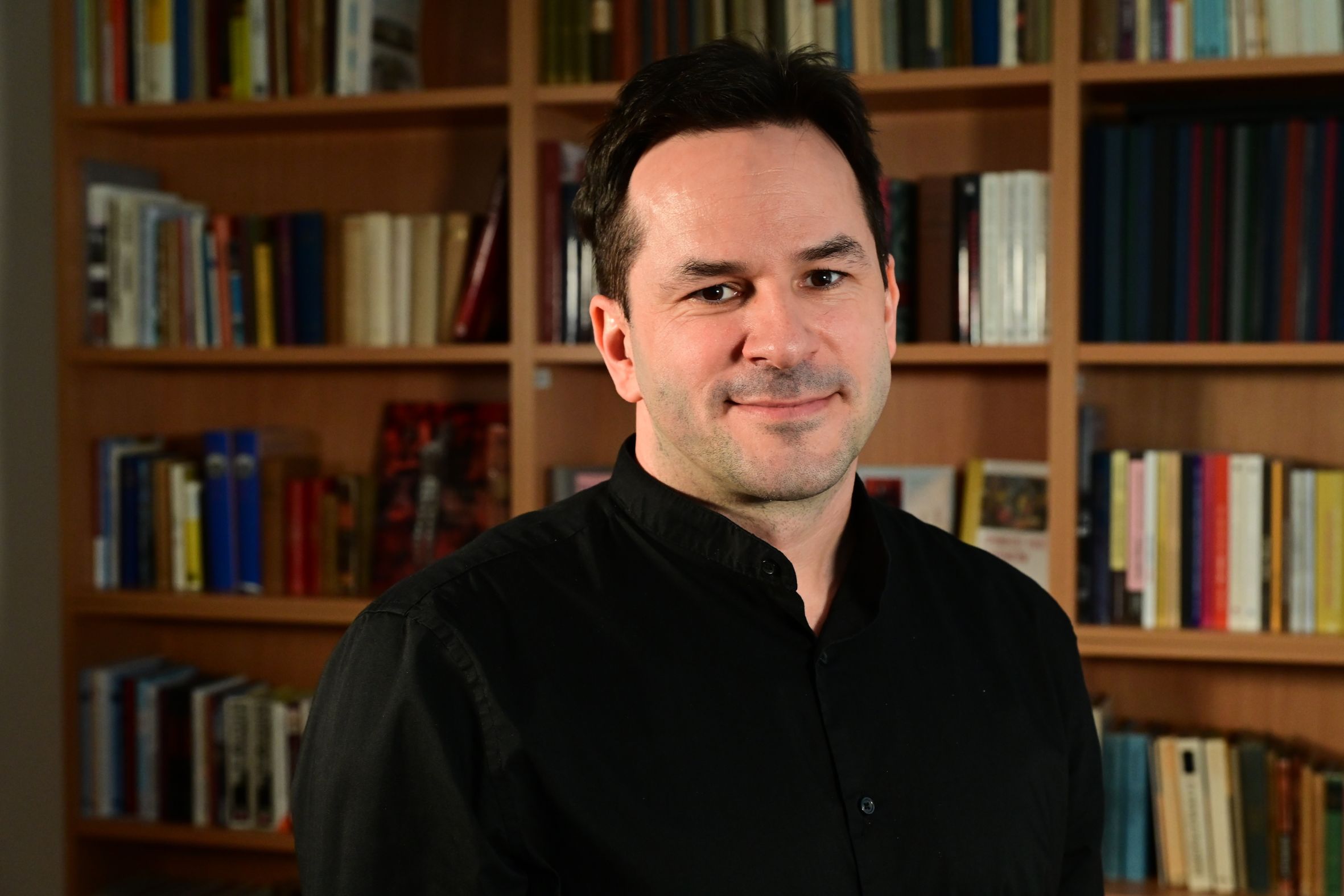Cultural History of Central and Eastern Europe
The Institute of History is well known as a research hub for cultural history, particularly gender history, spatial studies, the social history of medicine, and non-anthropocentric history, reflecting the new challenges established in the humanities by the new materialism paradigm. We encourage our PhD students to conduct innovative interdisciplinary research on contemporary social and cultural issues and the search for their historical roots. As every research project should transcend the limits of the geographical boundaries of Central and Eastern Europe, we ensure the transnational aspect of our research through close cooperation with all the scientific institutions in Western and Central Europe that focus on research in social and cultural history. Thus, we are well-equipped to supervise social, political, and cultural research projects covering the broad spectrum of analysis based on innovative methodological and conceptual approaches to the history of Central and Eastern Europe with an emphasis on contemporary trends in historiography, the humanities, and the social sciences.
Leading scholars:
Prof. Dr. Milena Lenderová
Prof. Dr. Martin Čapský
Dr. Vladan Hanulík
Milena Lenderová is a professor dealing with a broadly conceived cultural history of the 19th century, including the history of Czech-French cultural relations, the history of women, history of childhood, and history of travel.
She is the author or co-author of 20 books and of nearly 200 articles published in French, English, German, Polish, and Czech (see Milena Lenderová Univerzita Pardubice (upce.cz) and International Directory of Eighteenth-century Studies/Repertoire international des dix-huitiémistes, Voltaire Foundation, Oxford 2003, p. 216). She completed a fellowship at the Max Planck Institute in Göttingen and has taught at the universities of Montpellier, Bordeaux, Paris Sorbonne I, Paris Sorbonne III, and Paris Sorbonne IV. She is a member of about 15 scientific boards and editorial boards of scientific journals (among others Histoire, Économie, Société: La revue d'histoire économique et sociale du XVIe au XXe siècle).
Milena Lenderová has received several awards for her scientific and publishing activities, e.g. Chevalier des Palmes Académiques (République française, 2007);,Award of the Ministry of Education for Research-Development (CZ, 2014), and Award of the President of the Czech senate (CZ, 2016). Milena Lenderová adores horse riding.
Martin Čapský is a professor whose research is concentrated on Late Medieval History, Political Communication, the Bohemian Reformation, Charismatic Preachers, Material Culture, Identity Formation, Medieval Silesia and Central Europe, Urban History, and Violence and Concord in Medieval Culture.
He studied History and Museology at the Silesian University in Opava. He defended his dissertation and habilitation thesis at Masaryk University in Brno. He is the author of several monographs (Vévoda Přemek Opavský (1366–1433): Ve službách posledních Lucemburků; Zrození země: Komunikující společenství pozdně středověkého Slezka; Město pod vládou kazatelů: Charizmatičtí náboženští vůdci ve střetu s městskou radou v pozdně středověkých českých korunních zemích) and the editor or co-editor of edited volumes and collections (Processes of Cultural Exchange in Central Europe, 1200–1800; Hejtmanská správa ve vedlejších zemích Koruny české; Komunikace ve středověkých městech; Spolu i vedle sebe: České stavy a stavy zemí české koruny na prahu raného novověku).
He has completed study and research stays at foreign universities and scientific institutions (Uniwersytet Wrocławski; Uniwersytet Jagielloński; Herder-Institut in Marburg; the University of Cambridge). He has successfully completed three-year research grants and his research has been supported by the Muzeum Historii Polski and Fundusz Stypendialny im. Królowej Jadwigi foundations. He likes to ride a scooter.
Vladan Hanulík is a lecturer and researcher whose research activities follow Central European cultural history with a focus on the social history of medicine, the role of expert knowledge in modern society, the history of the body, and the history of spa and leisure activities within the scope of the new materialism methodology.
He studied at the University of Olomouc and the University of Pardubice. He was a guest researcher at Birkbeck College, University of London, the University of Vienna, and Maria-Curie Sklodowska University in Lublin.
He has published a monograph reflecting the history of non-conventional medical practices in the 19th century, Historie nekonvenčních léčebných praktik v době profesionalizace medicíny: vznik a vývoj lázní Gräfenberg v první polovině 19. století (Pardubice 2017) and contributed significantly to three joint monographs: Dějiny těla: prameny, koncepty, historiografie (Červený Kostelec 2013); Tělo mezi medicínou a disciplínou: Proměny lékařského obrazu a ideálu lidského těla a tělesnosti v dlouhém 19. století (Prague 2014), and Ženy s kufříkem a nadějí: Porodní báby a asistentky v českých zemích od poloviny 19. do poloviny 20. století (Prague 2019), and an edited volume of sources, Porodila štastně děvče: Porodní deníky čtyř porodních babiček z 19. století (Pardubice 2017).
He is about to publish the edited volume Physicians in a Transforming Europe, 1770s–1950s: Between the State and the Market through Routledge during 2024 and a monograph, Dreaming of Panaceum: the Cold Water Bath Cure Movement in the 19th Century, through the Brill publishing house. He is the author of articles in German, English, and Czech published in scholarly journals and memorial volumes, for example, in Dynamis, Acta Hispanica ad Medicinae Scientiatumque Historiam Illustrandam and Dějiny – teorie – kritika. He likes ultra trail running.




